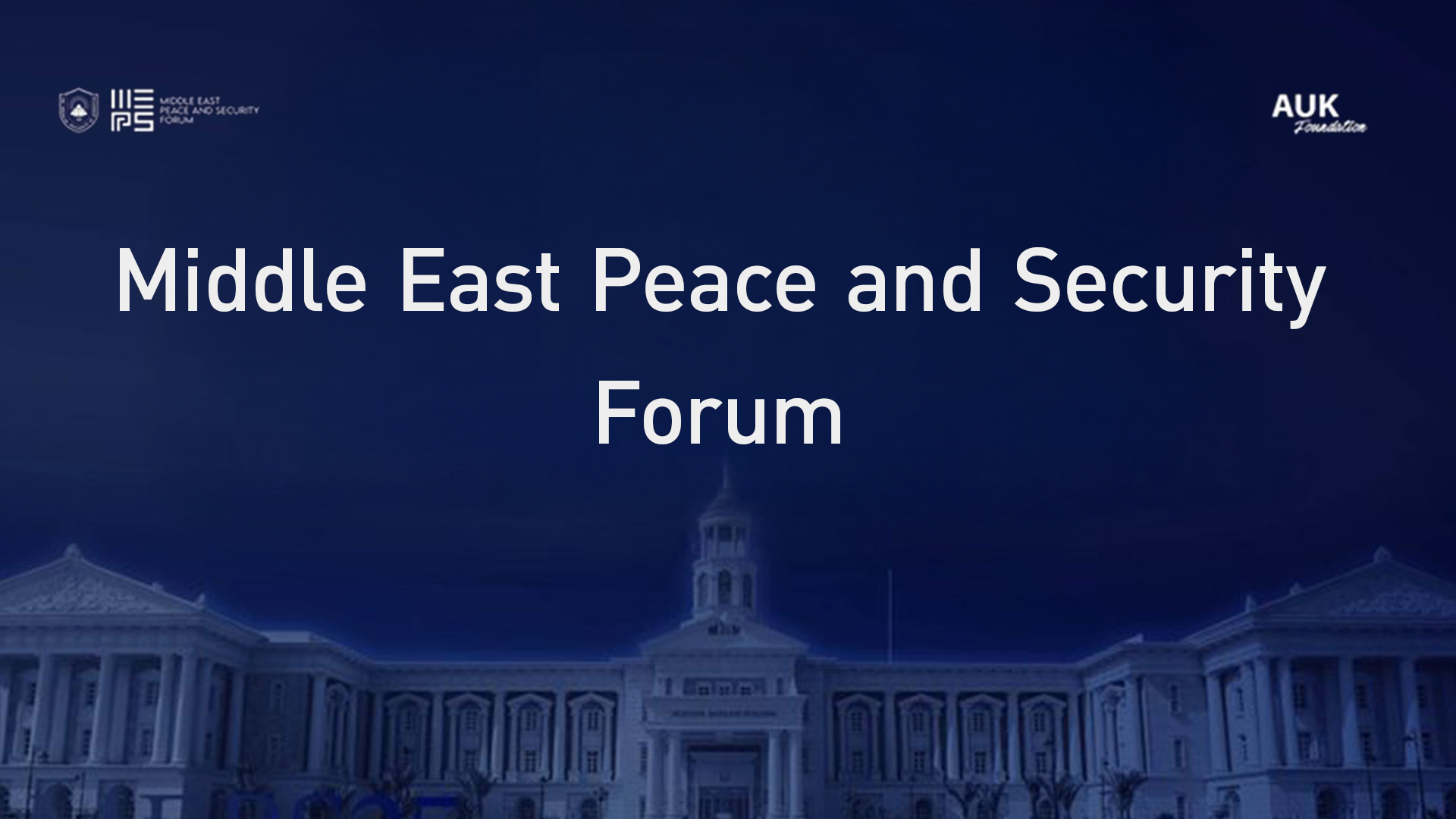President Barzani to Attend MEPS 2025 Forum Opening in Duhok
Hemen Hawrami says MEPS offers a golden chance for global experts to see Kurdistan’s progress firsthand, highlighting Dohuk’s growing academic role and stressing the value of academic diplomacy in presenting the Region’s achievements to the world.

Erbil (Kurdistan24) – Hemin Hawrami, Kurdistan Democratic Party (KDP) politburo member, emphasized the strategic importance of the Middle East Peace and Security Forum (MEPS) for the Kurdistan Region, describing it as a rare platform that brings together leading global researchers, policy experts, and decision-makers to Dohuk to examine the region’s realities firsthand.
Speaking to Kurdistan24, Hawrami said the forum does not only convene political leaders and policymakers but also an exceptional concentration of renowned scholars from influential research centers around the world. Their presence, he noted, provides a unique channel for the international academic community to engage directly with developments in Kurdistan.
Hawrami stressed that MEPS represents a golden opportunity for the Kurdistan Region to showcase its academic environment, institutional progress, and public-service achievements, especially those delivered by the Kurdistan Regional Government. Hosting the forum in Dohuk, he added, enables visiting scholars to observe tangible advances in governance, stability, and development.
Hawrami underlined that the level of participation in MEPS — from the quality of panel discussions to the depth of data presented and the structure of the debates — reflects the forum’s growing stature. He noted that high-profile experts from global research institutions have now gathered in Dohuk, marking a significant gain for the Region in terms of academic diplomacy and international visibility.
Regarding the role of academic diplomacy, Hawrami explained that the aim is to ensure that foreign academics come to Kurdistan and witness the Region’s realities closely, rather than relying on distant or incomplete impressions. He highlighted that many of MEPS’ scientific discussions take place not only within the conference halls but also at institutions such as the American University of Kurdistan in Dohuk, expanding the academic footprint of the city.
These discussions, he said, are not limited to Kurdistan-specific issues but extend to broader dynamics in the Middle East, global security challenges, and topics linked to regional and international stability.
Hawrami reiterated that it is crucial for MEPS participants to see Kurdistan with their own eyes — its progress, services, and developmental achievements. This, he argued, strengthens understanding of the Region not just politically or through its relations with Iraq, but also through its expanding infrastructure, academic capacity, and modernization efforts.
According to Hawrami, the work and projects conducted at the American University of Kurdistan in Dohuk stand out as pioneering initiatives, unmatched in any other part of the Kurdistan Region — and even Iraq.
He concluded that MEPS will help reinforce global appreciation for Kurdistan’s stability and growth, further rooting the Region in international academic and diplomatic networks.
The MEPS forum, scheduled to open Tuesday morning in Dohuk, will gather 150 internal, regional, and international leaders representing 25 countries. According to information provided Monday, Nov. 17, 2025, the high-level meeting will focus on regional instability, shifting geopolitical dynamics, and the formation of Iraq’s new federal government.
Among the most prominent attendees are:
President Masoud Barzani; Kurdistan Region President Nechirvan Barzani; KRG Prime Minister Masrour Barzani; Iraqi Prime Minister Mohammed Shia’ al-Sudani; Iraqi Foreign Minister Fuad Hussein; Supreme Judicial Council President Faiq Zaidan; former Turkish Prime Minister Ahmet Davutoğlu; UN Special Representative Mohamed Hassan; Ammar al-Hakim; former Turkish MP Osman Baydemir; former Iraqi FM Hoshyar Zebari; former Jordanian PM Bashir Khasawneh; Azm Alliance leader Muthanna al-Samaraie; Sovereignty Alliance leader Khamis al-Khanjar; PMF Chairman Faleh al-Fayyadh; former Thai Foreign Minister Kantathi Suphamongkhon; officials from Qatar’s Foreign Ministry; Iraqi Interior Minister Amer al-Shammari; EU envoy Luigi Di Maio; Kurdish Interior Minister Rebar Ahmed; Iraq’s National Security Advisor Qasim al-Araji; and KRG Foreign Relations Chief Safeen Dizayee.
The forum takes place one week after Iraq’s sixth parliamentary elections and arrives at a moment shaped by a series of major regional developments, including:
– The Iraq parliamentary vote
– Washington’s appointment of a new special envoy to Iraq
– The 12-day Iran–Israel conflict
– The Gaza ceasefire agreement
– Political shifts in Syria
– Renewed peace efforts in Turkey and Northern Kurdistan
These converging events position MEPS as a key venue for dialogue, analysis, and strategic policymaking at a critical regional juncture.